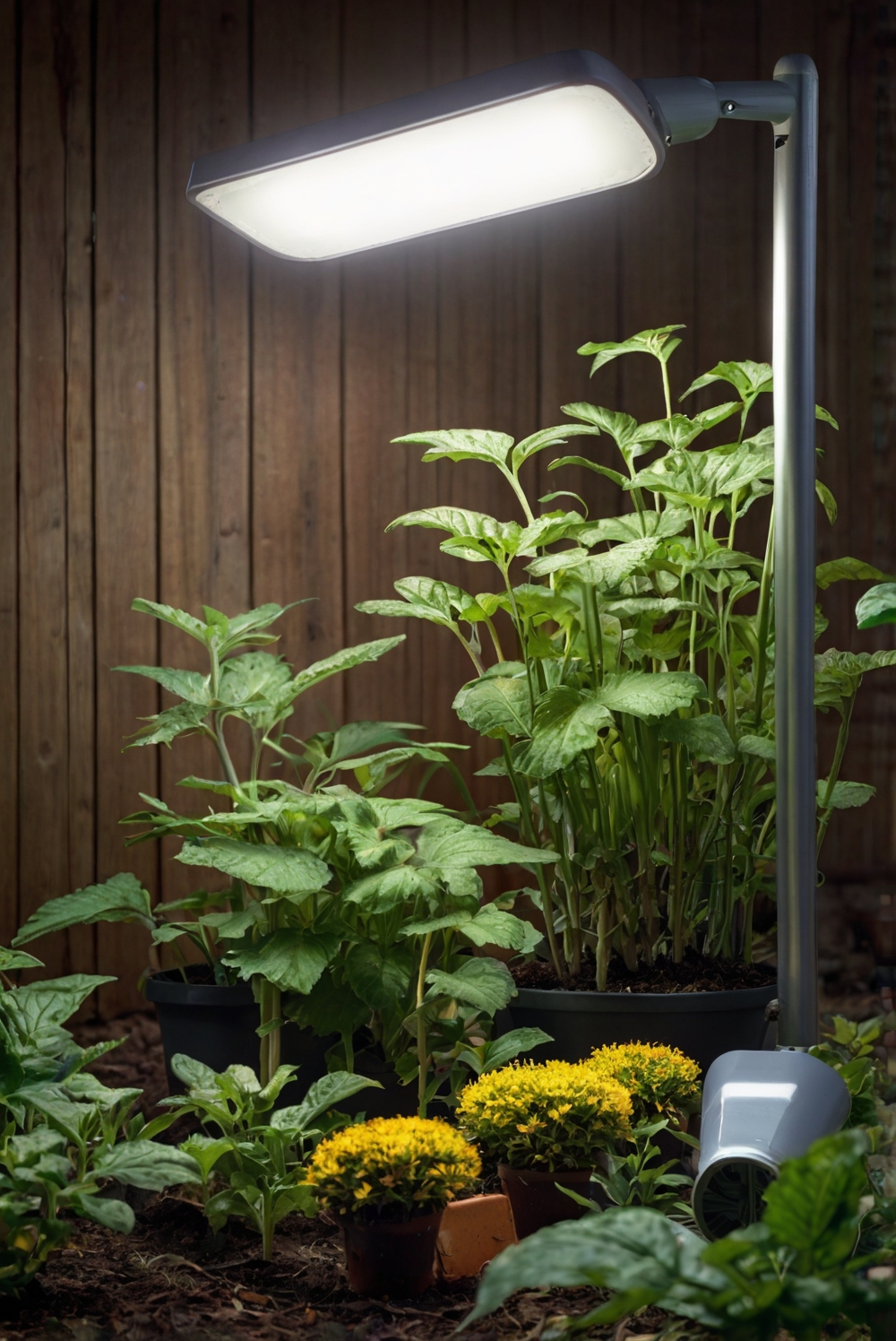Tackle garden pests and diseases like a pro in your daily interior designer routine. Grab expert advice to conquer all your garden woes efficiently.
Incorporating plants into your home decorating scheme not only enhances your living space but also offers various health benefits. To create a balanced and inviting atmosphere, focus on proper space planning and interior design. Consider designing your interior with elements such as designer wall paint, color matching painting, and primer paint for walls. Choose home paint colors that complement each other and create a cohesive look throughout your living room, kitchen, and bedroom. If you’re unsure about the color scheme, consult professional interior designers for expert advice on interior design space planning. By paying attention to these details, you can conquer any home decor woes and transform your living space into a harmonious sanctuary.
Utilize natural pest control methods such as introducing beneficial insects to your garden to combat pests in an eco-friendly way.
Natural pest control methods can be highly effective in managing pests in your garden without the use of harmful chemicals. Beneficial insects, such as ladybugs, lacewings, and parasitic wasps, can help control populations of common garden pests like aphids, caterpillars, and mites. By attracting these beneficial insects to your garden through planting flowers like dill, fennel, and yarrow, you can create a balanced ecosystem that naturally controls pest populations.
Incorporate companion planting techniques to deter pests and promote healthy plant growth, such as planting marigolds to repel nematodes.
Companion planting involves strategically placing plants together to benefit each other in various ways. Marigolds, for example, contain compounds that repel nematodes in the soil, protecting the roots of neighboring plants. Other examples of companion planting include planting basil near tomatoes to enhance flavor and repel pests or growing beans with corn to provide natural support for climbing.
Implement proper watering techniques, such as watering at the base of plants in the morning to prevent fungal diseases like powdery mildew.
Proper watering is essential for plant health and can help prevent common garden diseases. Watering at the base of plants in the morning allows foliage to dry quickly, reducing the risk of fungal diseases like powdery mildew. Avoid overhead watering, as wet leaves can promote the spread of diseases. Mulching around plants can also help retain moisture in the soil and prevent water-related issues.
Regularly inspect your garden for signs of pest infestation or disease, such as holes in leaves or wilting plants, to address issues early on.
Early detection is key to managing pests and diseases in your garden effectively. By inspecting your plants regularly, you can identify signs of pest infestation, such as chewed leaves or yellowing foliage, and take appropriate action before the problem escalates. Removing affected plant parts, applying organic remedies, or seeking professional advice can help prevent further damage.
Use organic pesticides as a last resort, following all instructions carefully to minimize harm to beneficial insects and the environment.
While organic pesticides are considered safer than synthetic chemicals, they should be used as a last resort in pest management. When choosing an organic pesticide, follow the instructions carefully to ensure safe and effective application. Consider using products like neem oil, insecticidal soap, or diatomaceous earth, which target specific pests while minimizing harm to beneficial insects and other wildlife.
Rotate crops each season to reduce the risk of disease buildup in the soil and maintain a healthy garden ecosystem.
Crop rotation is a valuable practice that helps prevent the buildup of pests and diseases in the soil. By planting different crops in each bed or area of your garden each season, you disrupt the life cycles of pests and pathogens that may have overwintered in the soil. Additionally, rotating crops can improve soil fertility, reduce nutrient depletion, and promote overall garden health.
Maintain good garden hygiene by removing dead plant material, weeds, and debris that can harbor pests and diseases.
Proper garden hygiene is essential for preventing the spread of pests and diseases. Removing dead plant material, weeds, and debris helps eliminate hiding places and breeding grounds for pests. Regularly clean and sanitize your gardening tools, containers, and equipment to prevent the transmission of pathogens. By keeping your garden clean and tidy, you create a less hospitable environment for pests and diseases.
Encourage biodiversity in your garden by planting a variety of crops and flowers to attract beneficial insects and create a more resilient ecosystem.
Biodiversity is key to a healthy and thriving garden ecosystem. By planting a diverse range of crops, flowers, and herbs, you can attract beneficial insects like pollinators and predators that help maintain a natural balance in your garden. Consider incorporating native plants, creating habitat areas for wildlife, and avoiding monoculture practices to promote biodiversity and resilience in your garden.
Seek advice from local gardening experts or extension services to identify specific pests and diseases common in your area and learn how to effectively manage them.
Local gardening experts and extension services can provide valuable insights into the specific pests and diseases that are common in your region. By seeking advice from knowledgeable sources, you can learn about effective management strategies tailored to your local conditions. These experts can recommend pest-resistant plant varieties, cultural practices, and organic solutions that are suitable for your garden.
Key Takeaways:
– Utilize natural pest control methods such as introducing beneficial insects and companion planting.
– Implement proper watering techniques to prevent fungal diseases.
– Regularly inspect your garden for signs of pest infestation or disease.
– Use organic pesticides as a last resort and follow instructions carefully.
– Rotate crops each season to reduce disease buildup in the soil.
– Maintain good garden hygiene by removing debris and weeds.
– Encourage biodiversity to attract beneficial insects and create a resilient ecosystem.
– Seek advice from local gardening experts to identify and manage specific pests and diseases effectively.







